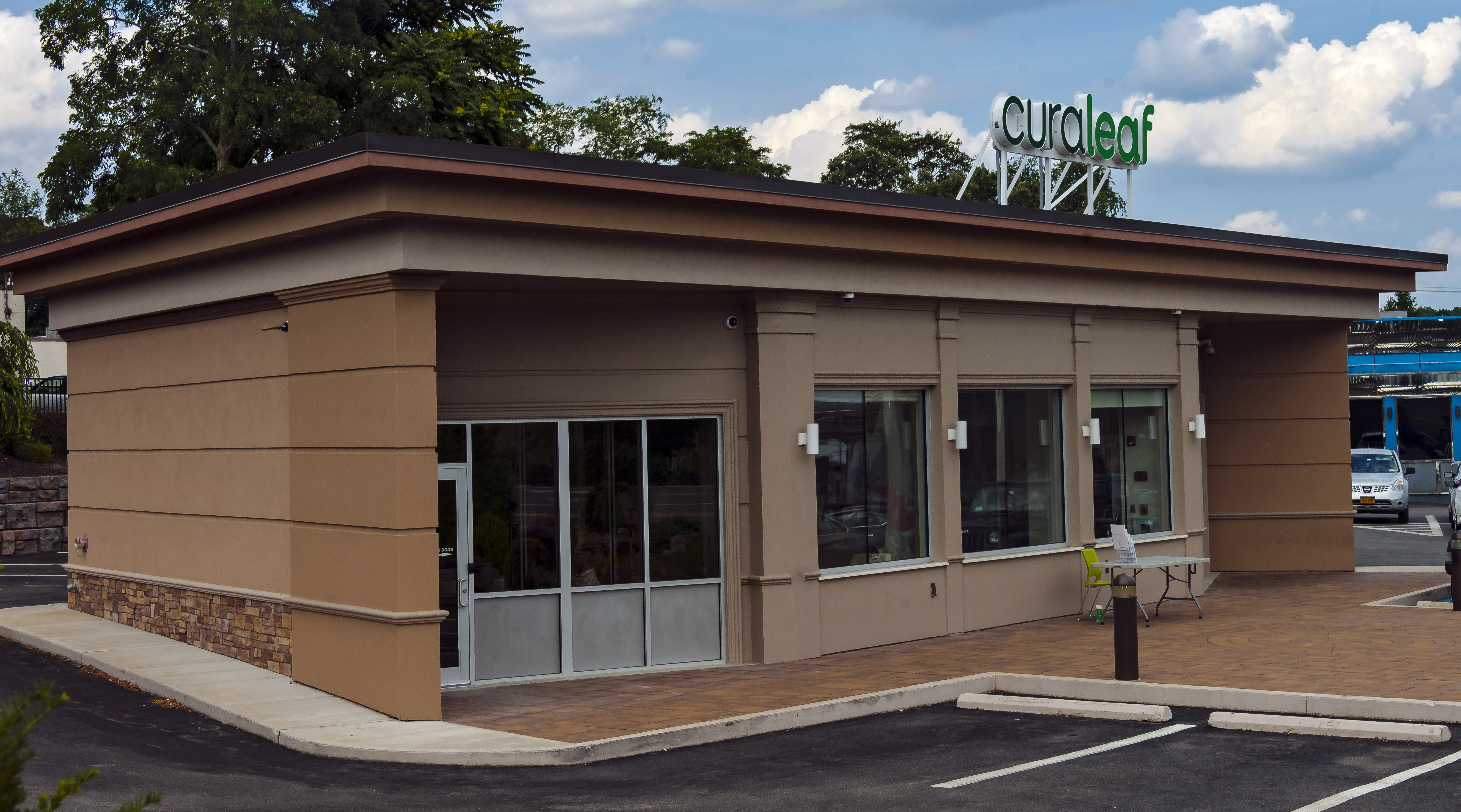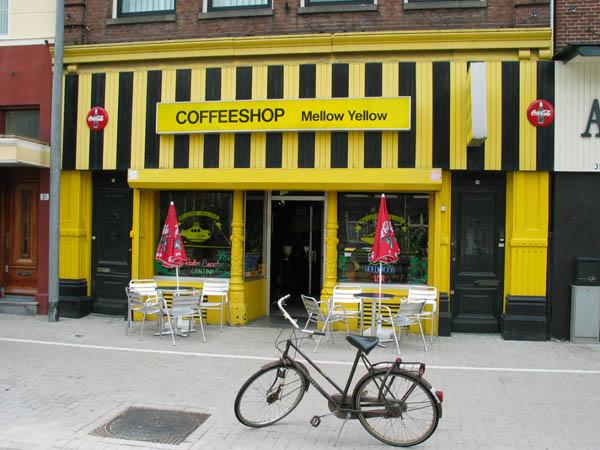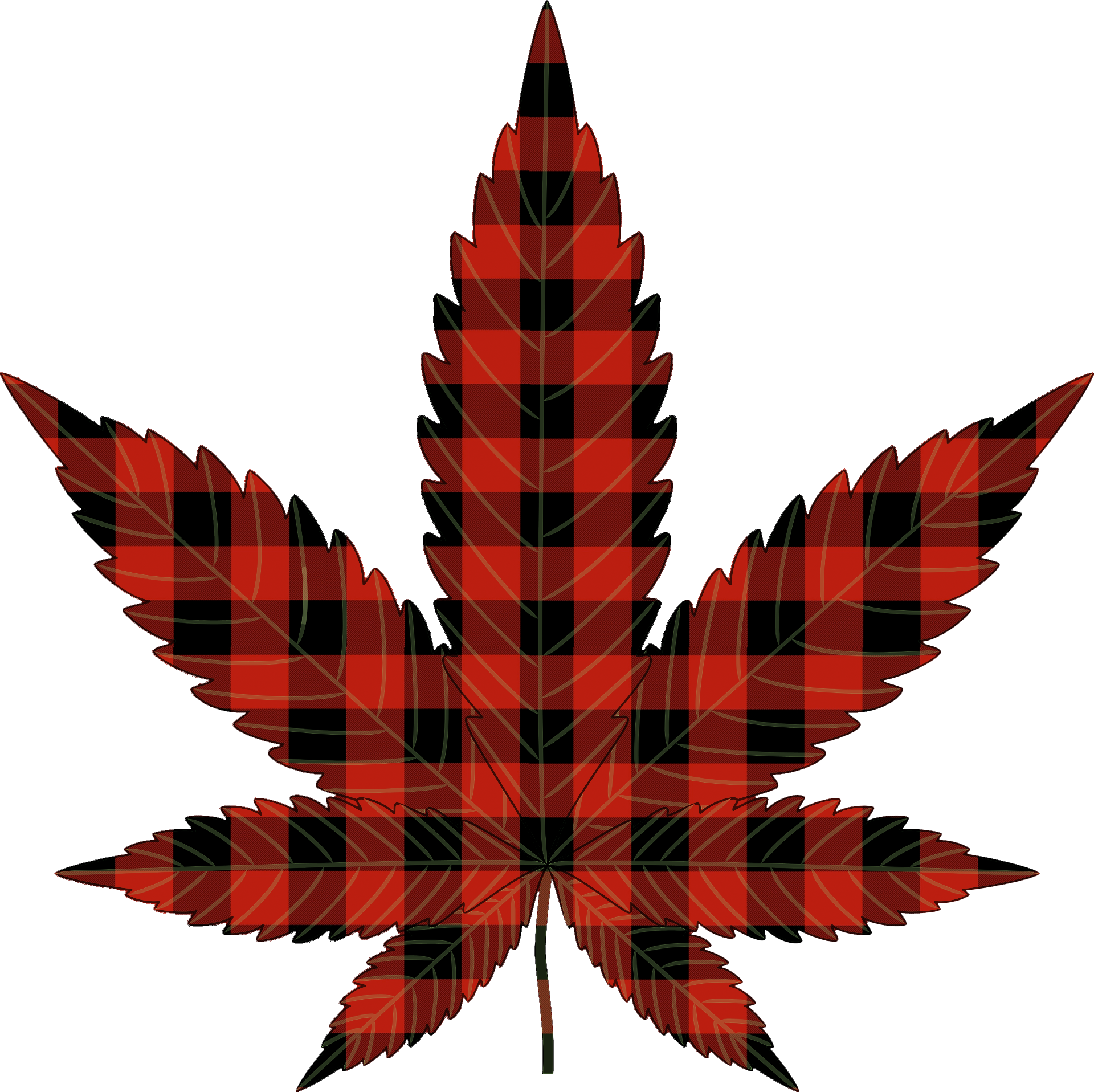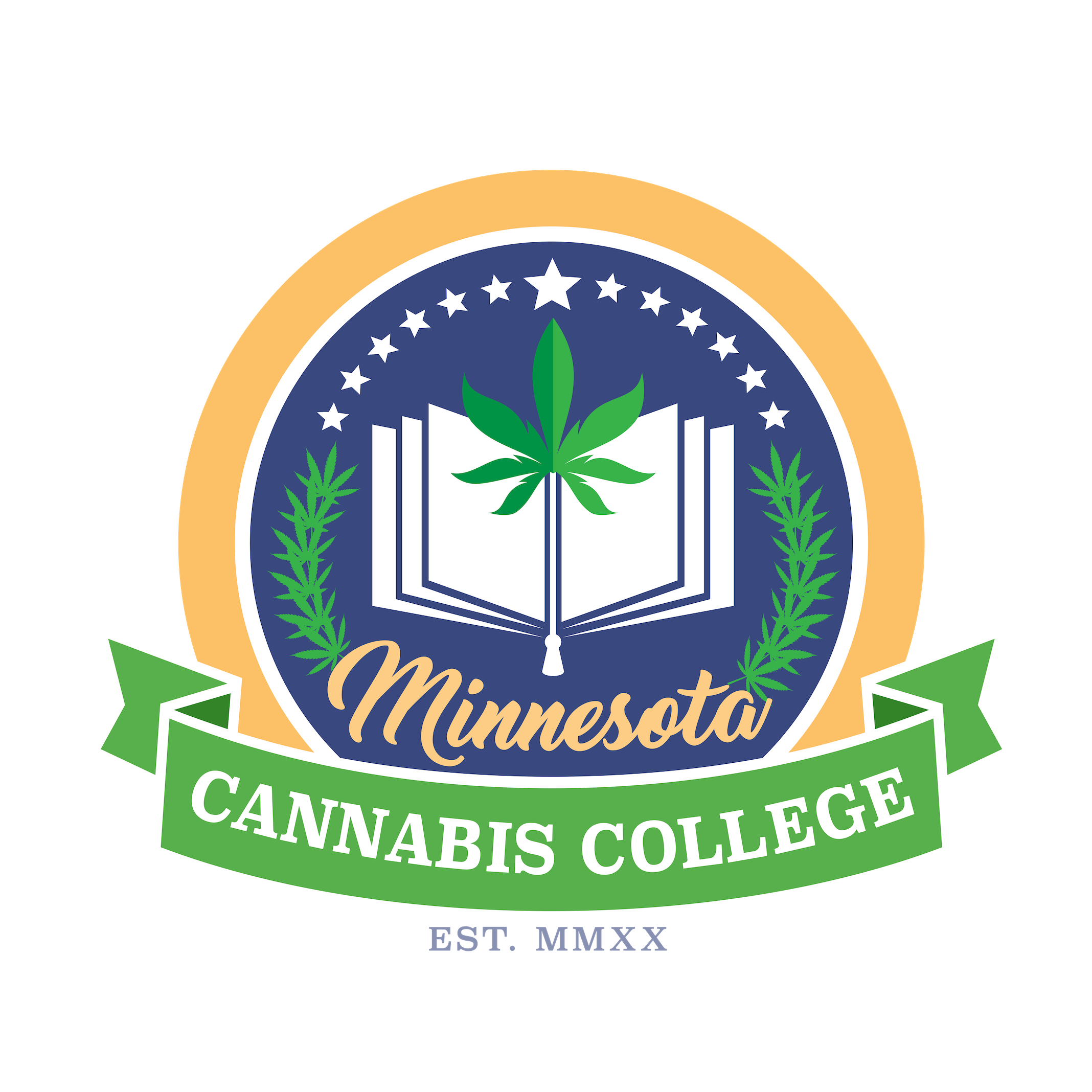This article was updated on October 4, 2022, to incorporate cannabis laws implemented in July 2022.
This post is part of an ongoing exploration into the new piece of legislation introduced into the Minnesota House of Representatives by Rep. Ryan Winkler, H.F. 600. The full bill text can be found here.
Welcome to our second deep dive into House File No. 600, a piece of legislation that gives us a glimpse into how legal adult-use cannabis might look in Minnesota. This week we’re going to look into what your average dispensary might look like after legalization and also proposed purchase limits for adult-use cannabis.
Minnesota will have 10 different license types that can be applied for, but only two of those will allow a business to sell adult-use cannabis to consumers. These include both cannabis retailers and cannabis microbusinesses.


As the name implies, cannabis retailers will be permitted to sell cannabis, cannabis products (including extracts and edibles), and clones to individuals over the age of 21. Similar to another Midwestern state, Illinois, a retailer license does not allow for the storefront themselves to grow cannabis. Those holding a retailer license in MN may not also hold a cultivator license.
Cannabis microbusiness licenses, on the other hand, are designed to allow one business to grow, process, and sell cannabis to consumers. Microbusinesses, with the proper endorsements, can even allow for onsite consumption. A much smaller grow size (2000 sq ft vs 10,000 allowed with a cultivator license) is allowed for those with the cultivation endorsement, but a microbusiness would be able to see the entire process through from seed to sale (or smoke, if you prefer). Food and beverages (both THC-rich and not) can be sold and live entertainment can be offered.


Both retailers and microbusinesses are allowed to use delivery services (however microbusinesses must use a 3rd party), so you could have your cannabis delivered to your home instead of going into the store. Both license types can also hold cannabis event organizer licenses, which will allow them to hold temporary cannabis events lasting up to four days (#BringPhishBacktoMN).
Cities and counties in Minnesota will not be able to outright ban cannabis businesses but may create “reasonable restrictions on the time, place, and manner of the operation”. Retailers can open at 8:00 am (or 10:00 am on Sundays) and can be open as late as 2:00 am (however this can be limited by local units of government). Adult-use and medical cannabis can be sold by the same business (with the right licenses), but it needs to be physically separate sections of the store.
A customer may buy up to 1.5 ounces of adult-use cannabis, eight grams of adult-use cannabis concentrate, and edible cannabis products infused with 800 milligrams of THC during a single transaction. To put that into perspective, retail transactions in Colorado are limited to one ounce, or the equivalent amount of oil or edibles (8 grams). On the other hand, in Maine (whenever they open their stores) consumers can buy up to 2.5 ounces of flower, but no more than 5 grams of oil. Edibles, similar to other states, will be limited to 100 mg of THC per edible product.


Update October 4, 2022:
Now that legal cannabis-derived products are being sold throughout the state, how does this affect how cannabis business licensing will be conducted in Minnesota? It’s unlikely at this time, and according to a few insiders with information, the updated hemp laws will mostly not impact any adult-use cannabis legislation.
The changes implemented in July 2022 were intended to be a bridge between national laws updated in the Farm Bill and state regulations impacting hemp, but not adult-use cannabis. House File 600 is an adult-use and medical program update, and hemp (cannabis with below 0.3% THC) will continue to be regulated separately. In essence, it’s possible that you’ll be able to buy cannabis products with 100 mg of THC (and non-edible products at dispensaries while cannabis products with 50 mg of THC will continue to be sold at a variety of other businesses, such as bars, breweries, and smoke shops.
With many cities throughout the state seeking a moratorium on new businesses and THC sales, it’s unlikely that a split legislature will seek to liberalize cannabis laws. For now, hemp-derived cannabis products will continue to be sold throughout Minnesota. Will the future of cannabis in Minnesota continue to have regulation be a mishmash of various laws and agencies? Only time will tell if Minnesota’s future cannabis laws will seek to cluster the regulation of both hemp-derived and non-hemp cannabis products together.


Do you plan to open a dispensary in Minnesota after legalization? We’d love to hear from you! Send an email to Tanner@mncannabiscollege.com
